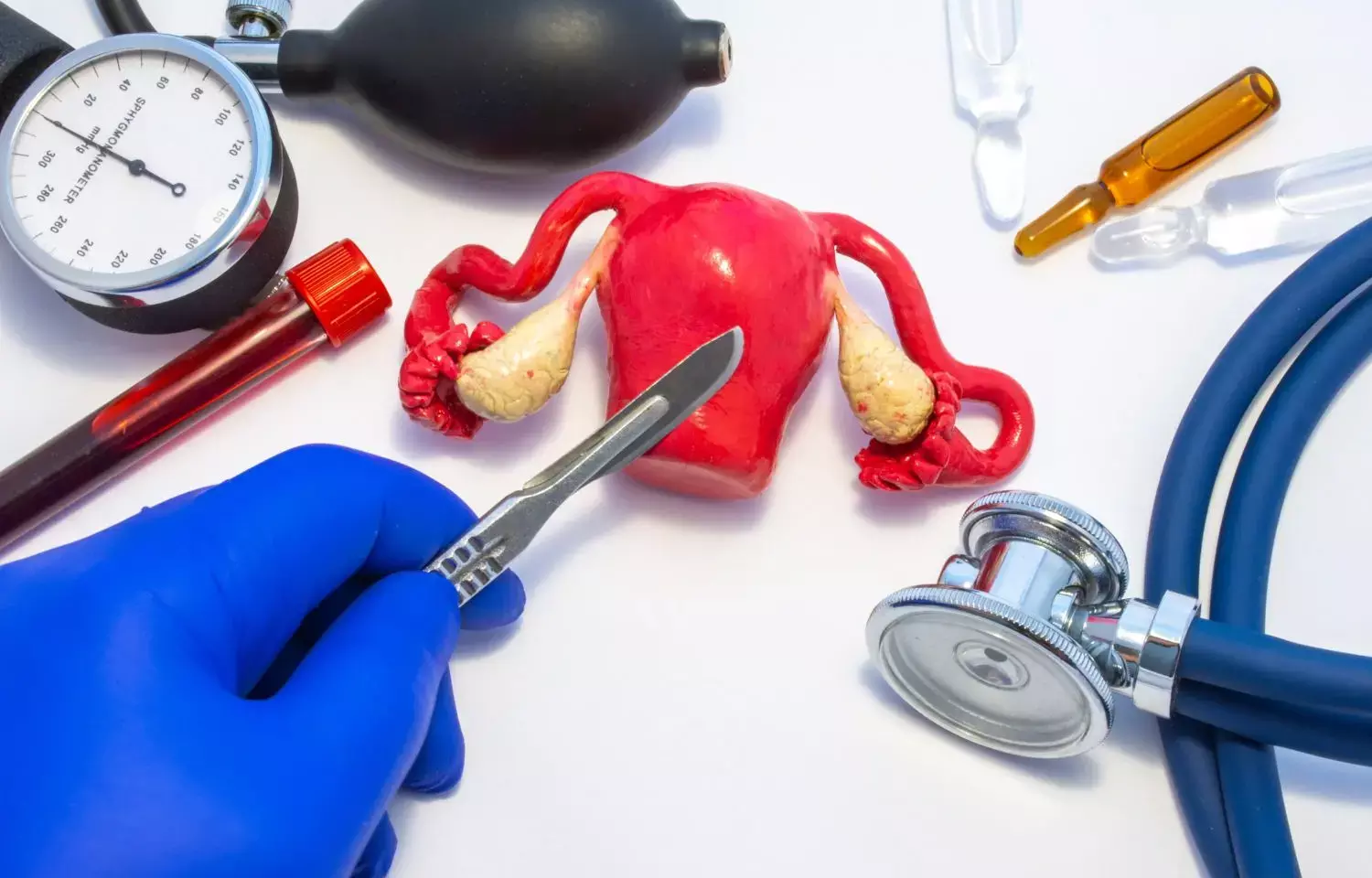- Home
- Medical news & Guidelines
- Anesthesiology
- Cardiology and CTVS
- Critical Care
- Dentistry
- Dermatology
- Diabetes and Endocrinology
- ENT
- Gastroenterology
- Medicine
- Nephrology
- Neurology
- Obstretics-Gynaecology
- Oncology
- Ophthalmology
- Orthopaedics
- Pediatrics-Neonatology
- Psychiatry
- Pulmonology
- Radiology
- Surgery
- Urology
- Laboratory Medicine
- Diet
- Nursing
- Paramedical
- Physiotherapy
- Health news
- Fact Check
- Bone Health Fact Check
- Brain Health Fact Check
- Cancer Related Fact Check
- Child Care Fact Check
- Dental and oral health fact check
- Diabetes and metabolic health fact check
- Diet and Nutrition Fact Check
- Eye and ENT Care Fact Check
- Fitness fact check
- Gut health fact check
- Heart health fact check
- Kidney health fact check
- Medical education fact check
- Men's health fact check
- Respiratory fact check
- Skin and hair care fact check
- Vaccine and Immunization fact check
- Women's health fact check
- AYUSH
- State News
- Andaman and Nicobar Islands
- Andhra Pradesh
- Arunachal Pradesh
- Assam
- Bihar
- Chandigarh
- Chattisgarh
- Dadra and Nagar Haveli
- Daman and Diu
- Delhi
- Goa
- Gujarat
- Haryana
- Himachal Pradesh
- Jammu & Kashmir
- Jharkhand
- Karnataka
- Kerala
- Ladakh
- Lakshadweep
- Madhya Pradesh
- Maharashtra
- Manipur
- Meghalaya
- Mizoram
- Nagaland
- Odisha
- Puducherry
- Punjab
- Rajasthan
- Sikkim
- Tamil Nadu
- Telangana
- Tripura
- Uttar Pradesh
- Uttrakhand
- West Bengal
- Medical Education
- Industry
Estrogen-only use was associated with increased dementia rate among women after hysterectomy

A recent comprehensive study examining the correlation between estrogen-only therapy and dementia risk among women has unveiled compelling insights into the association. The study, conducted using extensive Danish registers, offers significant evidence regarding the potential impact of estrogen-only use on dementia rates, particularly in women nearing or experiencing menopause.
This study was published in the journal JAMA Network by Nelsan Pourhadi and colleagues. The study encompassed 29,104 women who underwent hysterectomy, tracking their health over 500,000 person-years. Among these women, 541 were diagnosed with dementia during the follow-up period, with Alzheimer's disease accounting for 92 cases. Notably, estrogen-only users constituted a significant portion, representing 53.2% of dementia cases and 45.0% of controls. The median age at diagnosis stood at 70 years, with a median treatment duration of approximately 5.4 years among users.
The study revealed a concerning trend, showcasing a substantial link between estrogen-only use and an increased risk of dementia. Compared to never users, those who opted for estrogen-only therapy exhibited a notable elevation in dementia rates, with a hazard ratio (HR) of 1.55. This association persisted even among women who initiated therapy closer to menopause, with an HR of 1.58 among those treated until a maximum age of 55 years.
Furthermore, the study highlighted a dose-dependent relationship between estrogen dosage and dementia risk. An increasing daily estradiol dose corresponded to higher hazard ratios, indicating a potential dose-response effect.
While the findings shed light on a concerning association, the study acknowledges several limitations, including potential residual confounding and underregistration of specific dementia diagnoses, notably Alzheimer's disease. Additionally, the study's reliance on primarily hospital memory clinics might have missed cases diagnosed and treated exclusively in primary care settings.
Reference:
Pourhadi, N., Mørch, L. S., Holm, E. A., Torp-Pedersen, C., & Meaidi, A. Dementia in women using estrogen-only therapy. JAMA: The Journal of the American Medical Association,2023. https://doi.org/10.1001/jama.2023.23784
Dr Riya Dave has completed dentistry from Gujarat University in 2022. She is a dentist and accomplished medical and scientific writer known for her commitment to bridging the gap between clinical expertise and accessible healthcare information. She has been actively involved in writing blogs related to health and wellness.
Dr Kamal Kant Kohli-MBBS, DTCD- a chest specialist with more than 30 years of practice and a flair for writing clinical articles, Dr Kamal Kant Kohli joined Medical Dialogues as a Chief Editor of Medical News. Besides writing articles, as an editor, he proofreads and verifies all the medical content published on Medical Dialogues including those coming from journals, studies,medical conferences,guidelines etc. Email: drkohli@medicaldialogues.in. Contact no. 011-43720751


